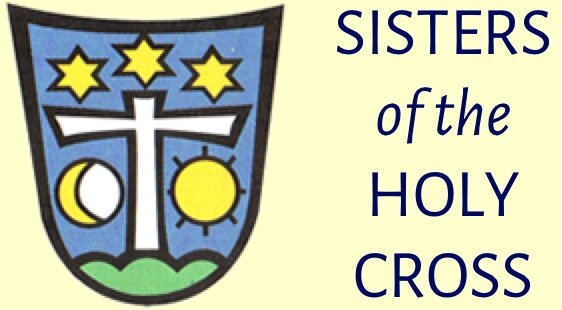Our Beginnings
MOTHER BERNARDA HEIMGARTNER: A Missionary Disciple
Maria Anna Heimgartner (later known as Sr. Bernarda) was born in Fislisbach, in Canton Aargau, Switzerland on 26 November 1822. She grew up in a poor but deeply religious family. She attended the local village primary school. Then, with two companions, she studied at what was a renowned educational establishment run by the Ursuline Sisters in Freiburg im Breisgau from the beginning of June 1841 to May 1843. A period of intensive Christian faith formation as religious Sisters committed to education in towns and villages (Noviciate) followed in Ribeauville from May 1843 to October 1844 for the three young woman.
Mother house in Switzerland
Discernment of God’s Call to Discipleship and Mission
In March 1844 when her mentor Fr. Theodosius Florentini urged Sr. Bernarda to join the enclosed Ursuline convent in Lucerne she and her two companions, after praying and discerning together, firmly declined. United in their conviction they stated that they were “not called to enclosure and wished to continue the way of life they had come to know in their noviciate in Ribeauville.” This early decision for the apostolic form of life was the fruit of spiritual discernment not born of stubbornness but of their listening to and rendering obedience to the Holy Spirit. Sr. Bernarda and companions gave response to the Gospel call to discipleship and mission (Mark 1:7) when they chose to become teaching-sisters in villages and towns.
Foundation of the Menzingen Institute
A Conference took place on the 8 August 1844 in the parish house in Menzingen initiated by the parish priest, Fr. Rollin. The purpose of this meeting recorded in the Minutes states: “the foundation of Teaching Sisters according to the Rule of Providence (Ribeauville)”. At this Conference a specific Religious Institute was being founded and not simply a day or boarding school. Fr. Rollin had to take up negotiations with the Bishop of Basel to obtain his approval for the project “in order that the three sisters could begin their work in the following October” as teachers in the newly established girls’ school in Menzingen. The three Sisters promised to devote all their energies to the purpose of the Institute – the education of the young – during their vow ceremony in Altdorf on 16 October 1844. Next day they arrived at the village of Menzingen, accompanied by Fr. Rollin, and at the end of October they opened a school for girls in this village. Five additional schools for girls were opened in other villages in 1845. By January 1851 this Institute had thirty four members and ten candidates working in ten schools.
The Menzingen founding model brought the sisters among the people. Usually in teams of two they lived on the second floor of the school-house or in another small dwelling in the village or town. They accepted the same conditions as the people, instead of enjoying the protection and relative comfort of a cloistered convent. Mother Bernarda and the Menzingen founding sisters accepted the existence of a God who somehow liberated them. In their minds, it was God’s action working in them which enabled them to carry out this mission. It was God who made the difference; He authorised them to carry out His work, as they understood it. This belief in God transformed them.
The Inspiration of Mother Bernarda 1844-1863
Mother Bernarda’s belief in the value of education, as the most pressing need of humanity was strong. It was rooted in her belief that God the Father acts to promote life in his people; in her belief in his goodness and love. This grounds deeper dimensions of her commitment to the ministry of education and gave her strength to defend it in conflict.
Mother Bernarda understands education as disclosing the ‘original image of God’ lying at the core of every single person. She believed that the creator God is the source of the goodness found in the human heart. She sought to harvest this by means of education and to place it at the service of the Gospel. She also regarded each pupil as a person for whom Christ poured out his blood.
Mother Bernarda wanted to give the world a particular shape or direction by means of education. Human beings have gifts that require development. To be an educator is to be concerned with the capacity all humans have to live an excellent human life. Furthermore, a person is to cooperate with God in order for these gifts to be developed. Mother Bernarda stands at the origin of the Menzingen Foundation, but her founding inspiration is valid for all time!

